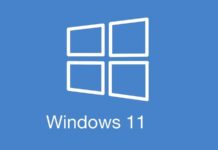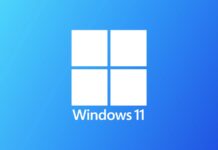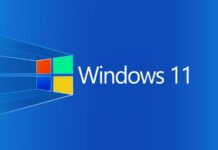During the last night the company Microsoft announced officially concluding an agreement regarding the acquisition of the mobile terminals and services divisions of the Finnish company Nokia. The acquisition will bring 7.17 billion dollars to the accounts of the Nokia, which will leave the category of mobile terminal manufacturers, 32.000 employees will be transferred to the Microsoft company. The agreement includes the licensing of some Nokia patents and the provision of access to the company's geolocation systems, but those from Microsoft have also licensed the Nokia brand to use it in the smartphones to be launched on the market.
Building on the partnership with Nokia announced in February 2011 and the increasing success of Nokia's Lumia smartphones, Microsoft aims to accelerate the growth of its share and profit in mobile devices through faster innovation, increased synergies, and unified branding and marketing. For Nokia, this transaction is expected to be significantly accretive to earnings, strengthen its financial position, and provide a solid basis for future investment in its continuing businesses.
“It's a bold step into the future – a win-win for employees, shareholders and consumers of both companies. Bringing these great teams together will accelerate Microsoft's share and profits in phones, and strengthen the overall opportunities for both Microsoft and our partners across our entire family of devices and services,” said Steve Ballmer, Microsoft chief executive officer. “In addition to their innovation and strength in phones at all price points, Nokia brings proven capability and talent in critical areas such as hardware design and engineering, supply chain and manufacturing management, and hardware sales, marketing and distribution.”
The Lumia and Asha brands are now owned by the Microsoft company, which will seek to take advantage of the experience of Nokia employees to strengthen its position on the mobile terminal market. Despite this acquisition, those from Microsoft claim that they will continue to collaborate with the same enthusiasm with the partners that produce Windows Phone smartphones, but there are certainly many dissatisfied. Practically, through this acquisition, Microsoft has included in its portfolio a division to produce smartphones, and now it will try to imitate the strategy of those from Apple, which optimize iOS especially for each iDevice.
Nokia will remain with the rest of the divisions that will probably keep the company active, but it is hard to say how profitable the Finns' business will be.

















